
The gallery contains a collection of photographs published in issues of the SAMUDRA Report and the Yemaya Newsletter, as also other ICSF publications, workshops and meetings over the years. Also to be found are more general images of fishing and fishworkers in action across the world. There are about 10,000 photos from 64 countries. The photo database is searchable by caption, country and photographer. All images are free for download, though users are requested to credit the photos to ICSF and the respective photographer.
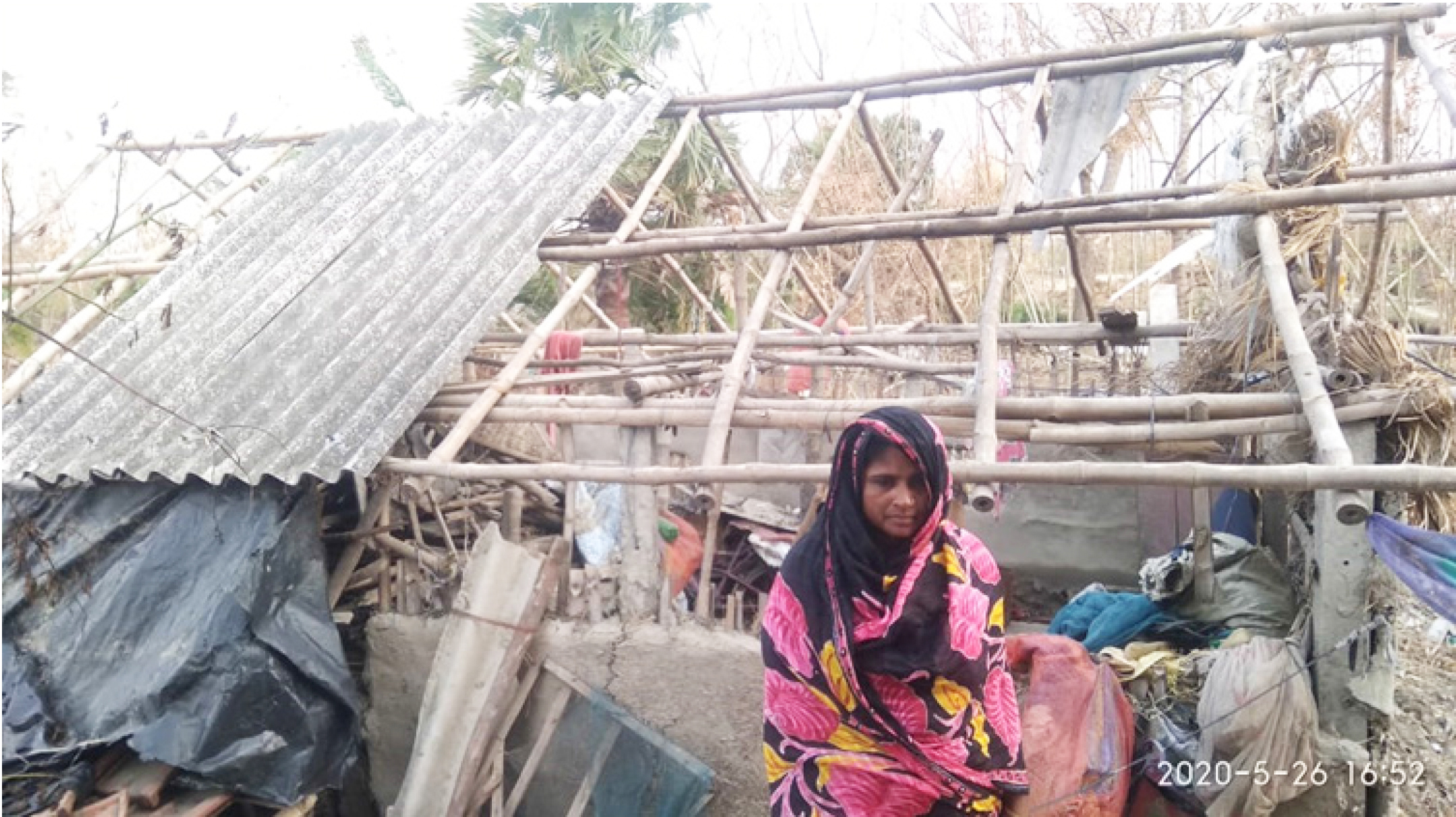
Impact of Amphan cyclone, south 24 Parganas, India. The devastation of cyclone Amphan was wide-ranging. Besides shattering the livelihoods of communities, the cyclone destroyed basic amenities like shelter, housing, food, healthcare and education. Photo Credit: Milan Das
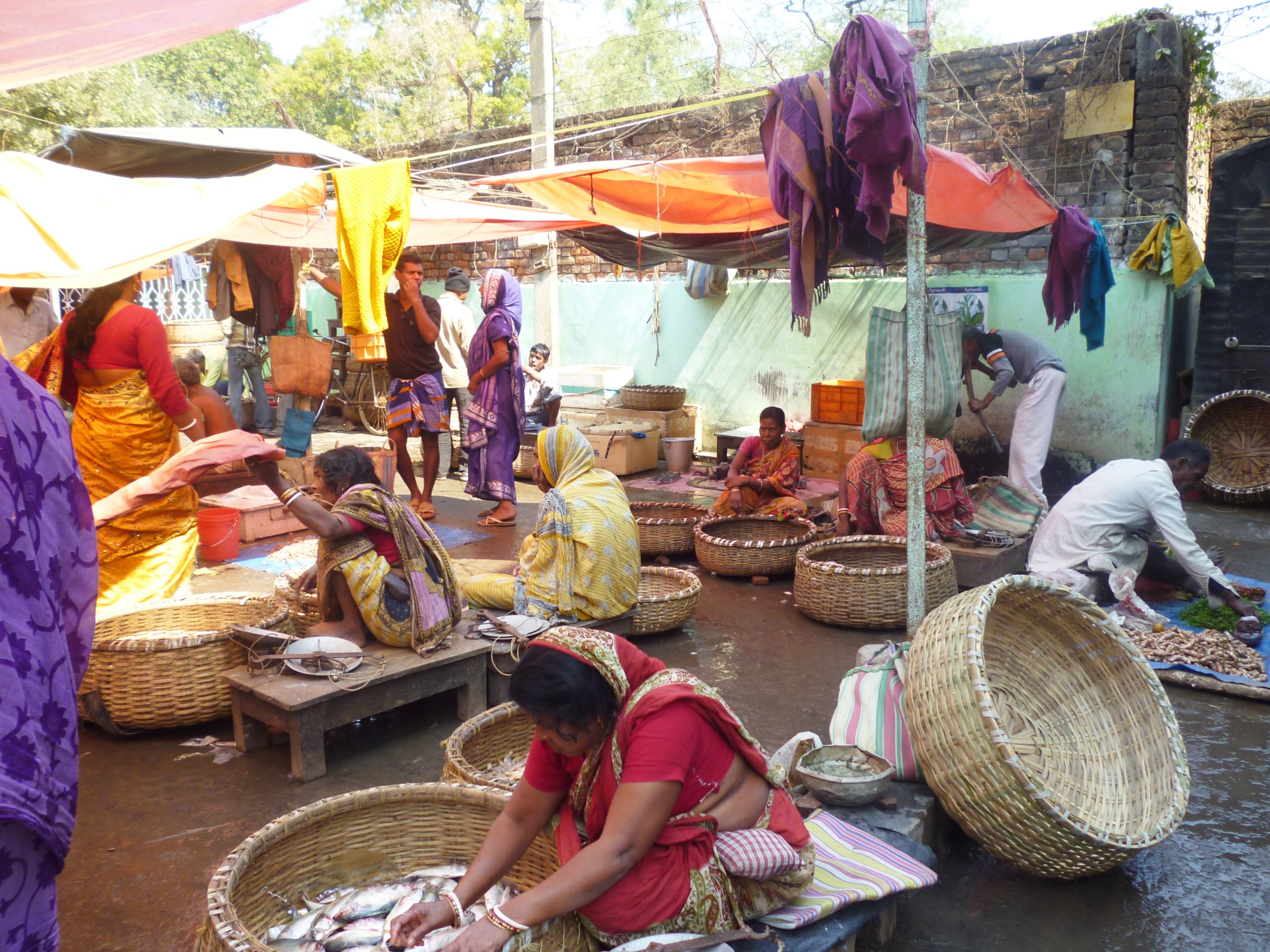
Kathi Nona Jol fishmarket, West Bengal, India. The government schemes, federal and provincial, offered social and occupational security through welfare measures that provided succour during the pandemic and in the aftermath of the cyclone. Photo Credit: Shilpa Nandy
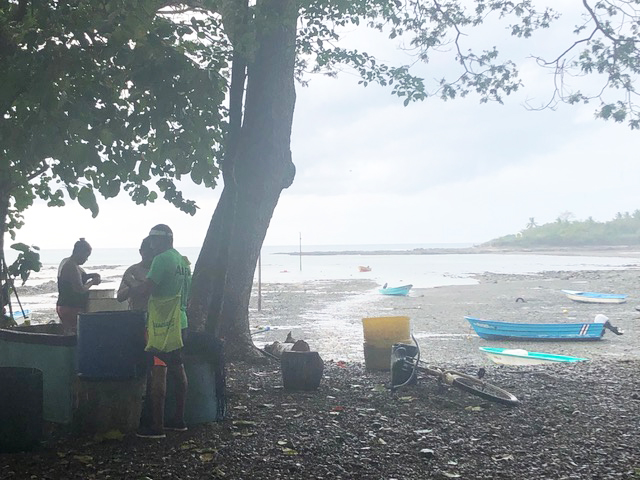
Cabo Blanco marine management area, Costa Rica. Decisions and budgets aimed at supporting economic and psychosocial reactivation must consider the vulnerabilities of coastal communities. Photo Credit: CoopeSolidar R.L.
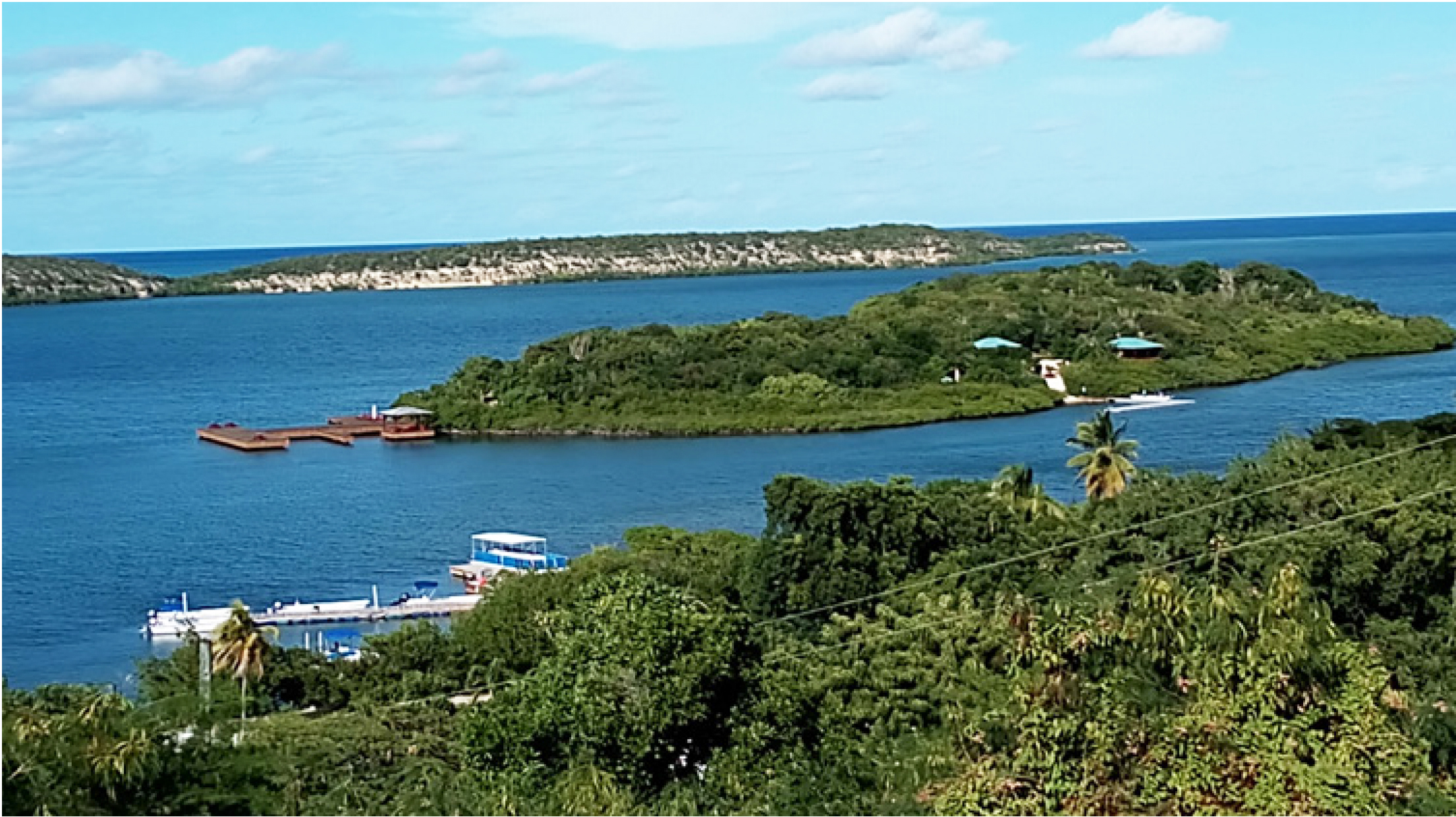
Northeast Marine Management Area, Antigua and Barbuda. Fishers are believed to have a great level of occupational mobility due to high rates of education, especially as they are considered a ‘safety net’ for other economic activities. Photo Credit: Ian S. Horsford
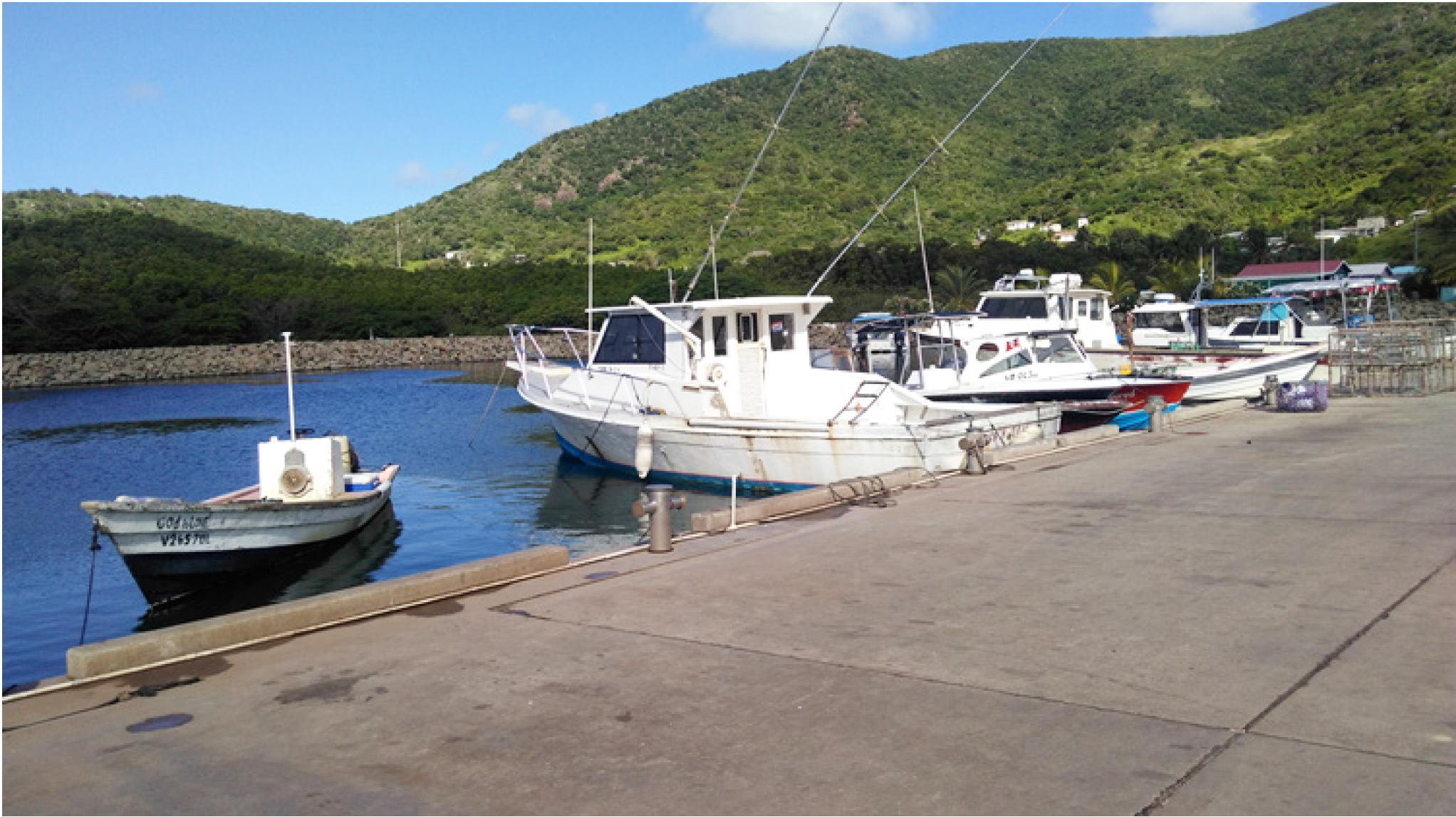
Modern fishing units in Antigua and Barbuda. Despite the impressive gains in development, instances like Hurricane Irma highlight the fragility of these advancements and the need for proactive resilience planning. Photo Credit: Ian S. Horsford
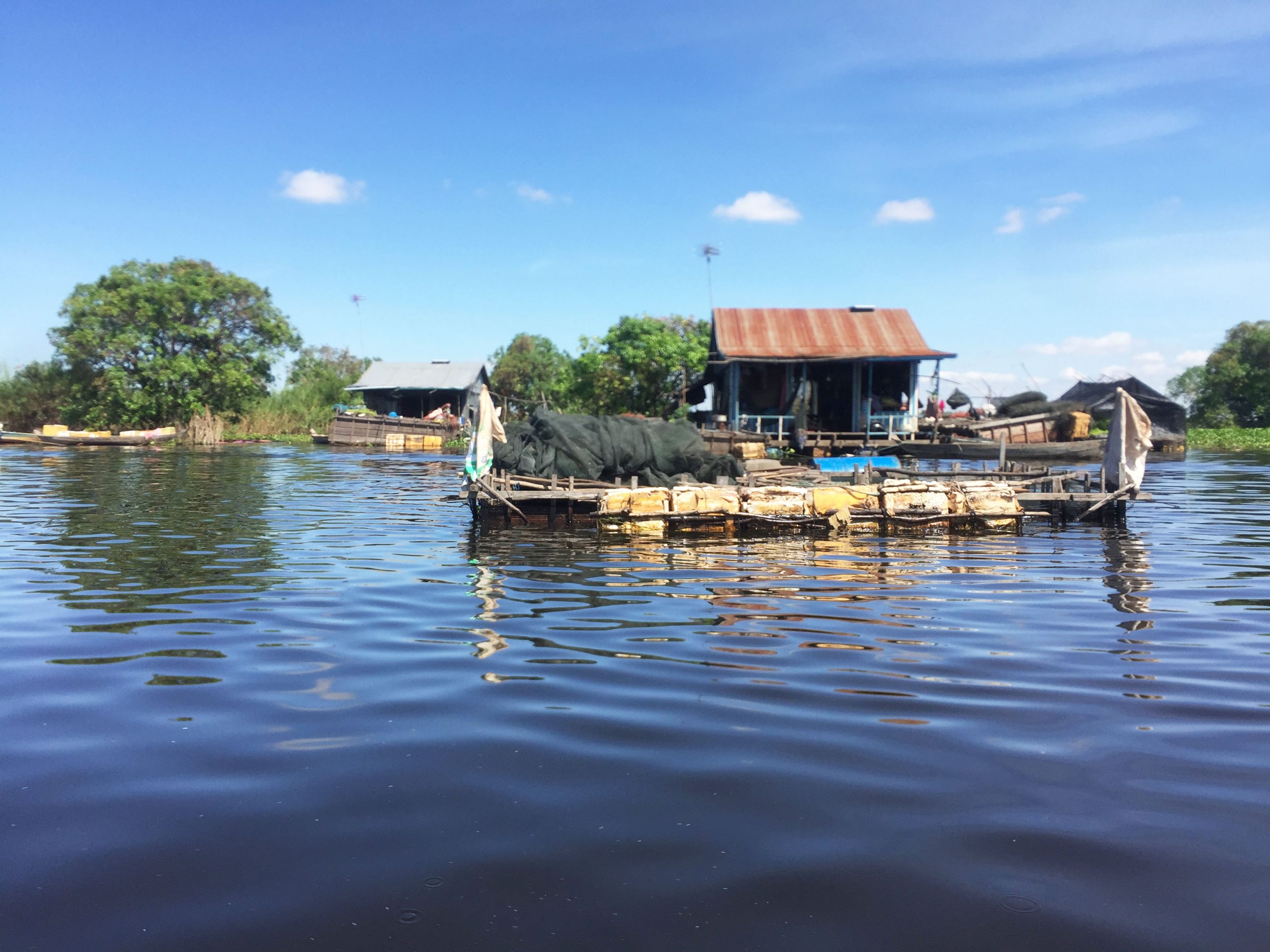
Floating house on Tonle Sap Lake, Cambodia. What makes the situation worse for small-scale fishers is that they cannot compensate for declining margins by increasing volumes. Photo Credit: SokMoly Uon
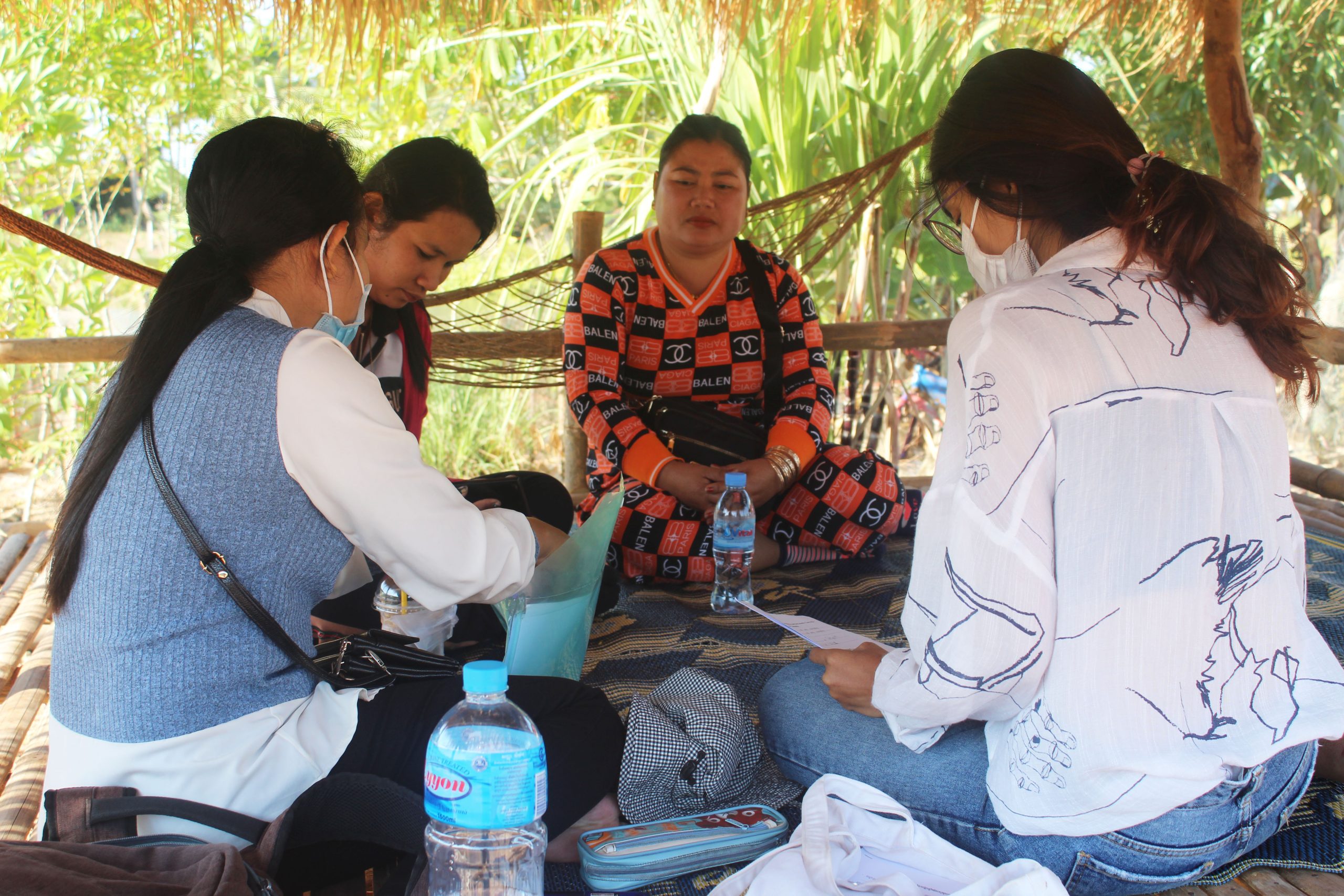
Focus group discussions with Cambodian women. Small fish traders, predominantly women, were unable to negotiate prices, and do not have access to electricity and enough water to store fish. Photo Credit: Kyoko Kusakabe
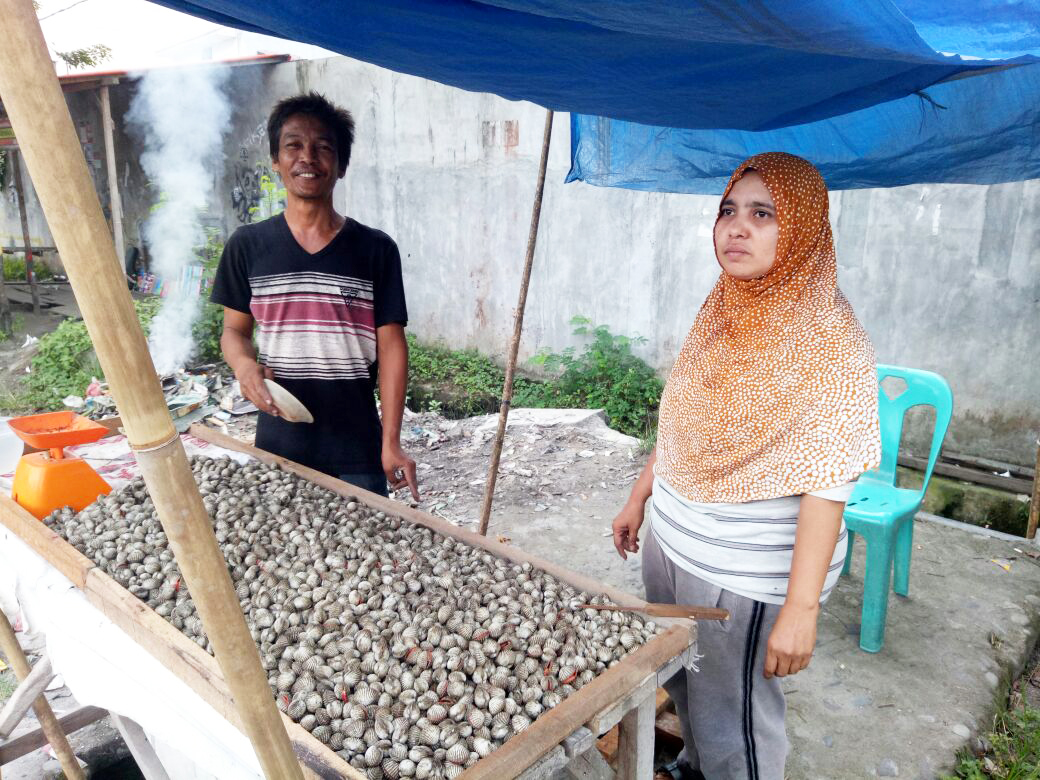
Fishers in Batubara, North Sumatra, Indonesia selling clamshells in the market. Fisher families began pawning possessions to make ends meet and these practices were adopted only in times of famine earlier. Photo Credit: Martin Hadiwinata
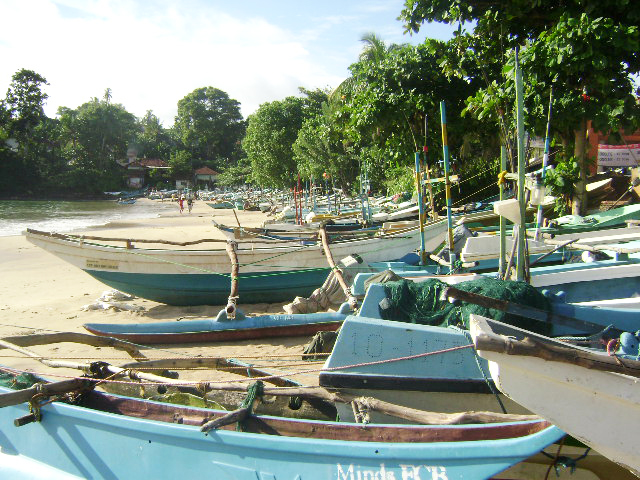
Deserted landing site, Gandarawella, Sri Lanka. To mitigate the losses due to lockdowns, the government was forced to import fish, mostly in the form of canned fish products. Photo Credit: Oscar Amarasinghe
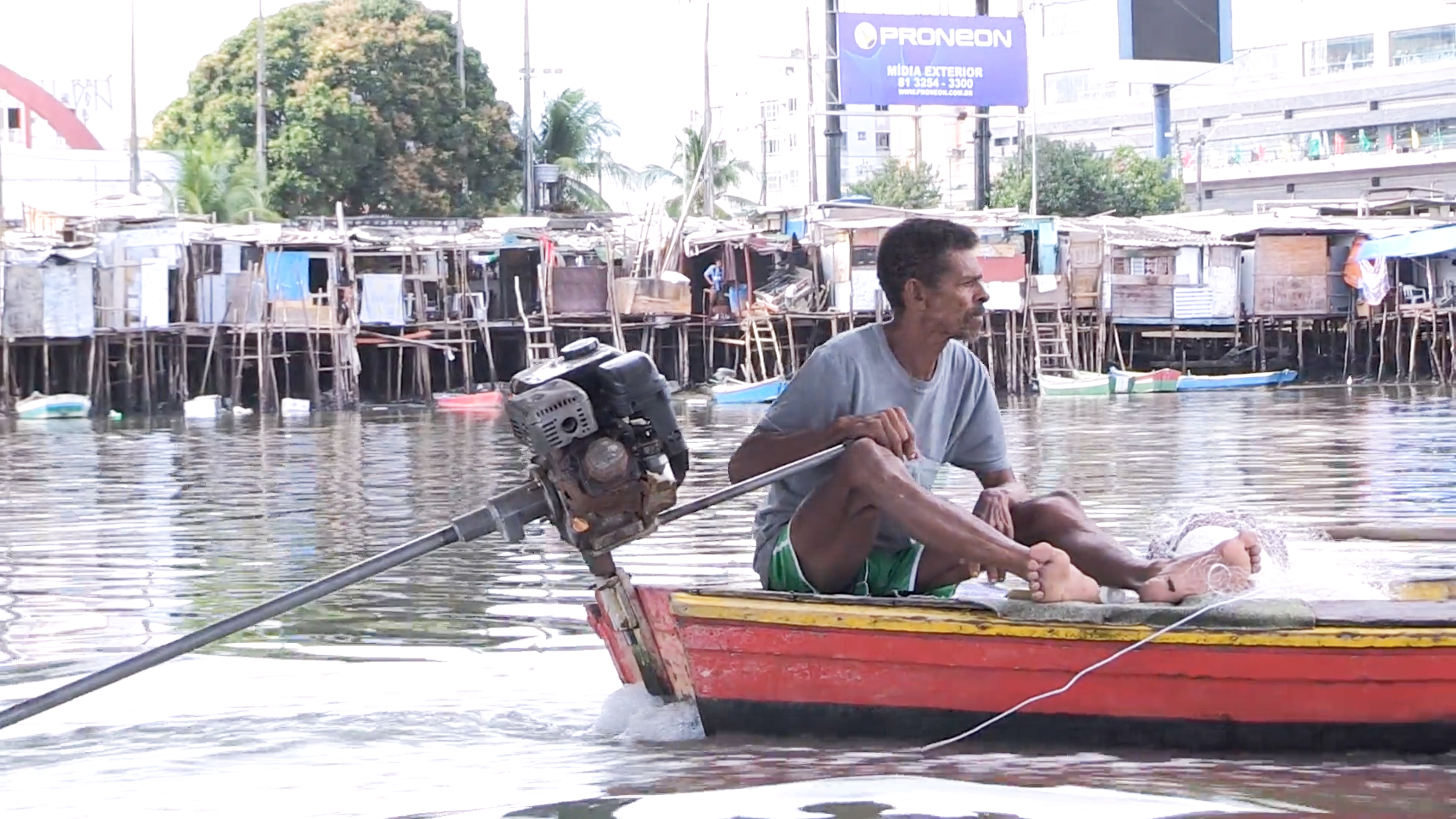
A scene from Carne e Casca (Flesh and Pearl) by Daniel Drumond. In a city in Brazil, with polluted waters, a shellfish fisherman fights for the survival and future of his grandchildren. Photo Credit: Dani Drumond
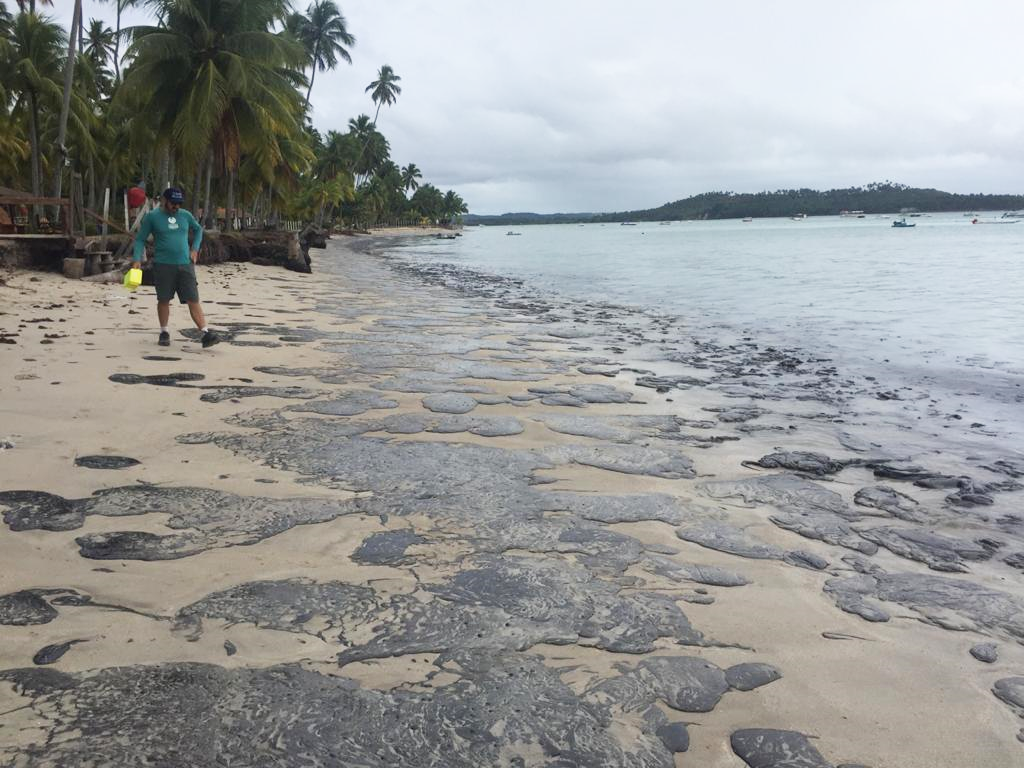
Oil on a beach in the Brazil Northeast, October 2019. Most of this removal was possible thanks to the action of civil society volunteers—fishers, local communities and non-governmental organizations—along with city halls and government environmental agencies. Photo Credit: Beatriz Mesquita
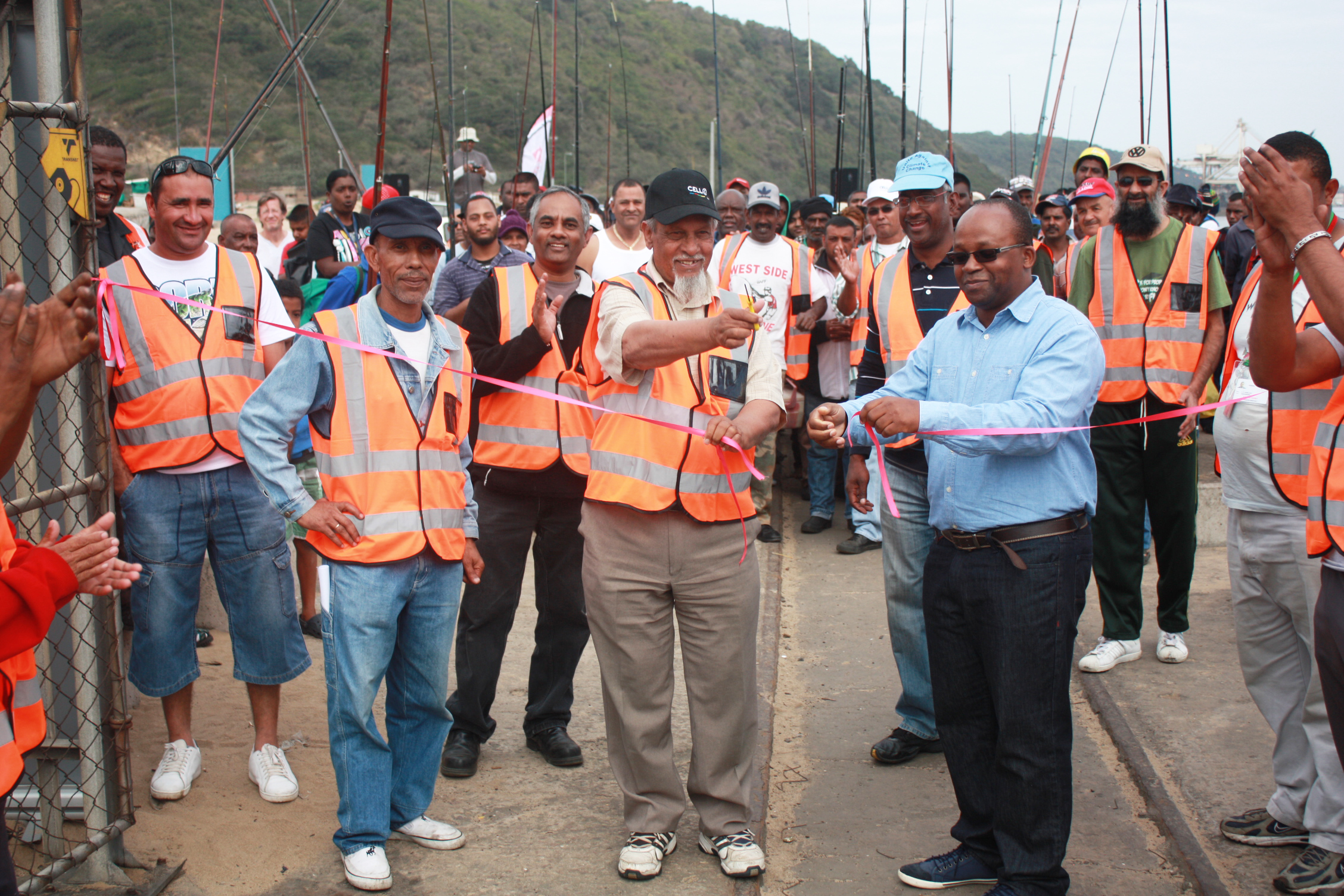
The KwaZulu subsistence fishers finally get access to their traditional fishing spots as users of the port. Policymakers will need to become far more comfortable with the dynamic and messy lived reality of fishers in a country where clear-cut categories of work and employment no longer exist. Photo Credit: SDCEA
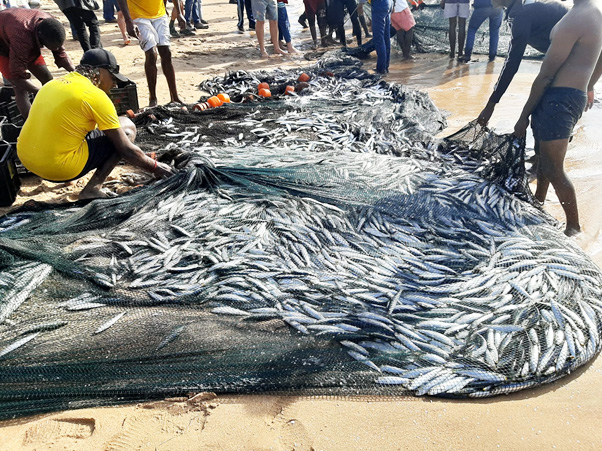
Fishers inspect the nets during the sardine run on the KZN coast, South Africa. The authorities took the view that subsistence fishing should be an occupation of last resort, and that these fishers must be shifted into alternative livelihoods rather than supported to flourish. Photo Credit: SDCEA
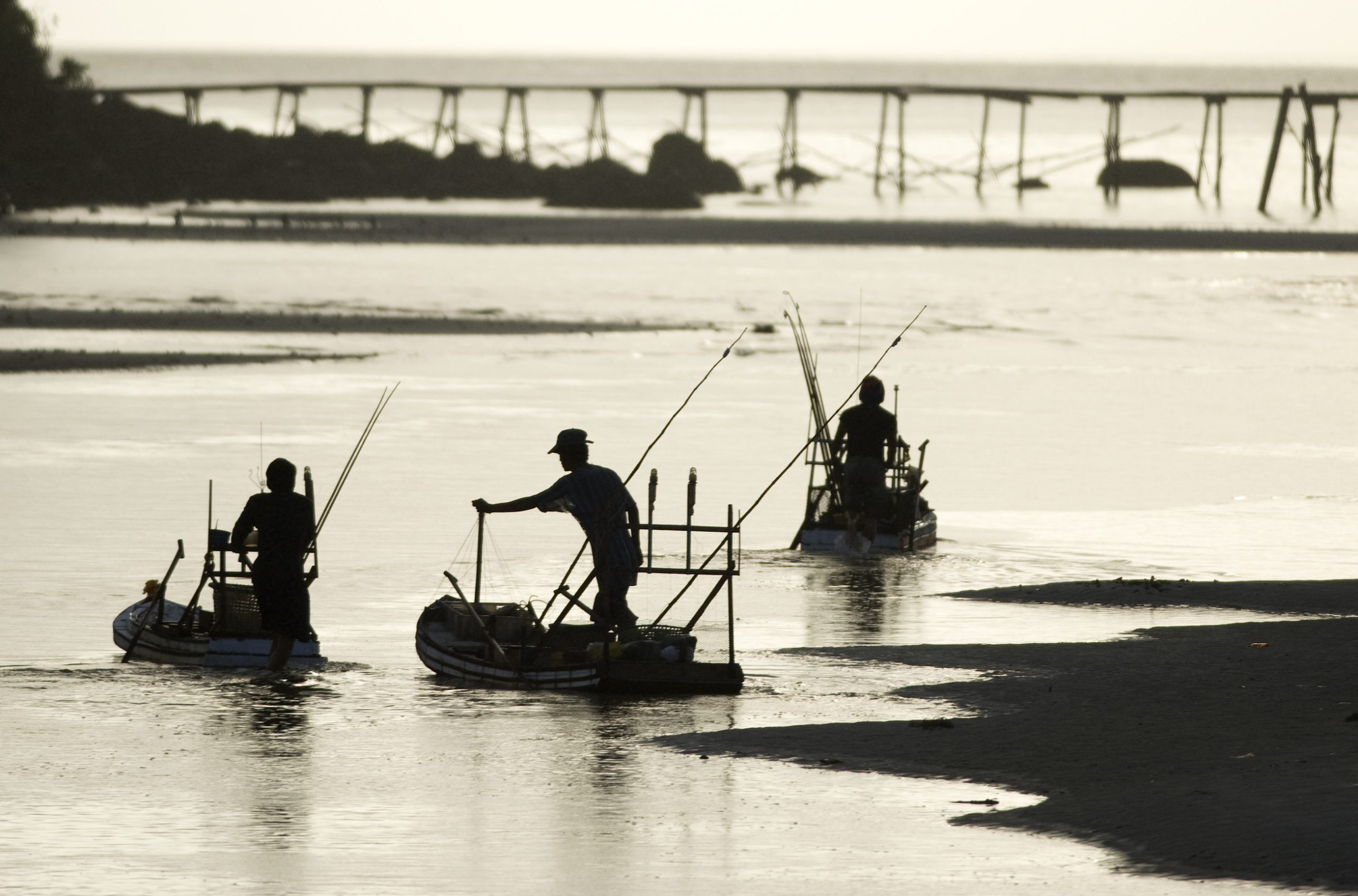
Small-scale fishing boats in Koh Rong archipelago, Cambodia. The combination of highspeed fishery industrialization and government-driven promotion of small-scale fisheries has left the country’s marine resources in a challenging state. Photo Credit: Jeremy Holden
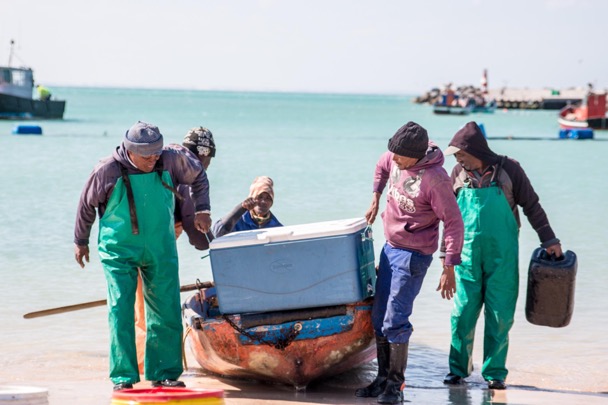
Virtual field trip. In continuing to adapt to the new norms, the 21 training participants embarked on a virtual journey together over five full days to the Southern and Western Cape of South Africa, in a trip organized by the Abalobi ICT4Fisheries team. Photo Credit: Abalobi